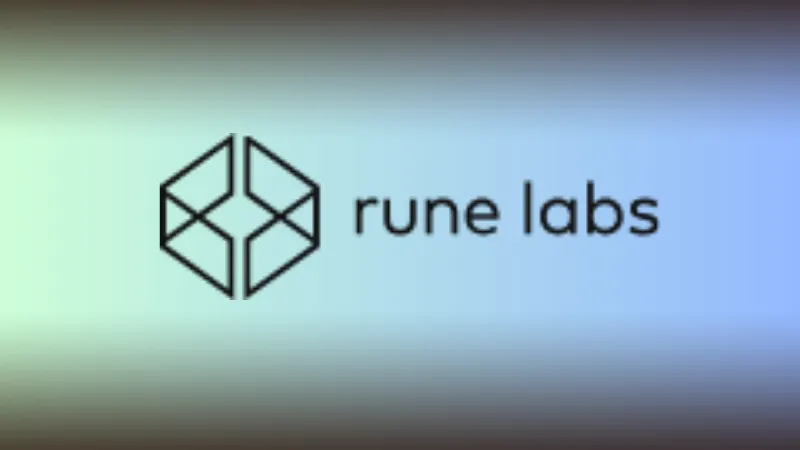
CA-based Rune Labs Secures $12M in a Strategic Funding. Leading the $42 million round were Nexus NeuroTech Ventures, with participation from current investors TruVenturo GmbH, Eclipse, DigiTx Partners, and Moment Ventures.
Rune Labs has added Jordi Parramon, PhD, to its board of directors. Parramon is the CEO, General Partner, and Co-Founder of Nexus NeuroTech Ventures. He was previously Verily’s President of Medical Devices.
Read also – KY-based CSI Secures a Strategic Investment
The funds will be utilised by the business to hasten the uptake of innovative Parkinson’s technologies. Rune Labs is a precision neurology software and data analytics startup led by CEO Brian Pepin that supports the development of new therapies and methods of care.
Its Parkinson’s disease care delivery ecosystem, called StrivePD, links patients to clinical trials and provides them access to curated dashboards that summarise a variety of patient data sources, helping both patients and doctors to better manage Parkinson’s.
Read also – PA-based MedRisk Acquired Medata
Biopharma and medical device firms use Rune’s technology, patient and clinician engagement network, and enormous longitudinal real-world datasets to speed up development programmes for therapies.
Brian Pepin said: “With over 25 years of experience, Jordi brings deep knowledge in building businesses and products and the intersection of data and healthcare. This strategic partnership with Nexus NeuroTech Ventures is in line with our use of modern AI tools to support patients, clinicians, and our pharma partners, and speaks to our ambition to have a deep impact in the way Parkinson’s is understood and treated.”
About Rune Labs
Runa labs, Amazing advances in neuroscience over the past ten years have made it possible for scientists to imagine the development of a new generation of brain-machine interfaces. Alzheimer’s, epilepsy, and Parkinson’s are among the chronic illnesses that these devices will be utilised to treat.
Read also – CA-based Rainbow Secures $12M in Seed Funding
They will expedite a stroke victim’s rehabilitation and return mobility to the paralysed. They might even enable them to improve their cognitive function and regulate their mood.



